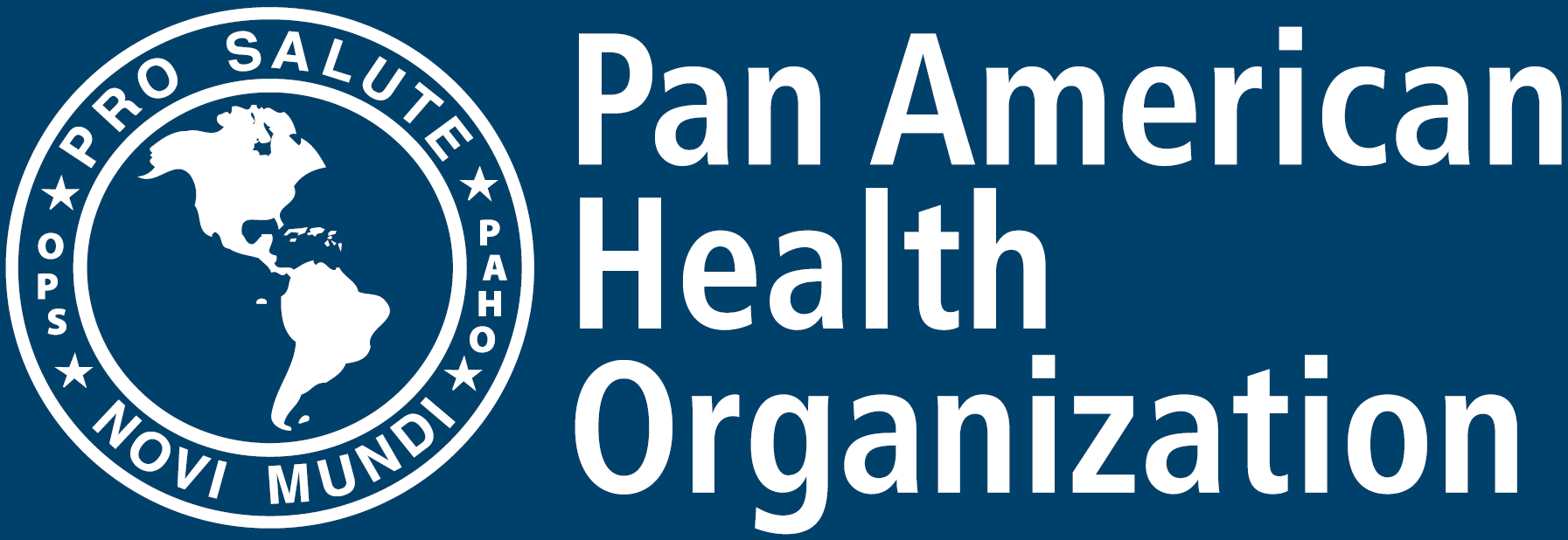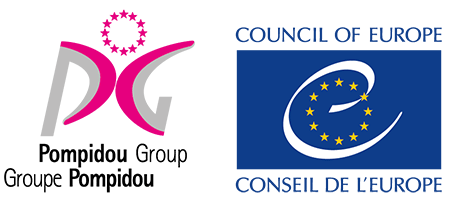Increasing institutional capacity of Law Enforcement, National Revenue Authorities (Customs Department), National Prosecution Services, National Medicines Regulatory Authorities, National Quality Control Laboratories, and prosecutors to identify, detect and prosecute synthetic drugs to reduce their trafficking and mitigate their public health impact.
UNODC ROSAF will provide training to the police, customs, ports/airports authorities, national medicine regulatory authorities, national quality control laboratory and prosecution services in 5 identified countries under ROSAF in line with WCO, INTERPOL and UNODC tools and International Standards and best practices.
Synthetic drug use and trafficking pose significant challenges in Africa. The continent serves as a transit point for drugs between production hubs and consumer markets. Synthetic drugs like methamphetamine and ecstasy are increasingly passing through African countries, leading to rising consumption, trafficking, and synthetic drug use disorders. Limited resources, corruption, and inadequate infrastructure hinder effective law enforcement against drug trafficking. Synthetic drugs have severe health and societal impacts, necessitating better awareness, prevention programs, treatment services and improved healthcare facilities. The constantly evolving nature of synthetic drugs complicates regulation and control efforts. Lack of capacity to address issues concerning synthetic drugs is insufficient and is required critically, including evidence-based synthetic drug use treatment.
African Union jointly with United Nations office on Drugs and Crime convened a High-Level Session to address substance use among youth, women, and children in Africa, from 08-10 November 2023 in Lusaka (Republic of Zambia).
The high-level session ended with the development of a Lusaka Declaration on Addressing Substance Use and Related Mental Health Disorders among youth, children, and women in Africa. This gathering brought together representatives from African Union Member States, international organizations, stakeholders, and partners to address the pressing concerns regarding substance use and mental health disorders among vulnerable demographics in the African continent.
Some of the key recommendations of the Lusaka Declaration support a spectrum of needs in Africa. The declaration emphasizes the need for standardized, age-appropriate substance use prevention and treatment curricula tailored to the African context. These curricula align with international standards on drug use prevention and WHO-UNODC International Standards for the treatment of drug use and drug use disorders.
This proposal and suggested actions are in Line with regional African context, UNODC/INL Synthetic Drugs Strategy and Lusaka Declaration. Also, it will build on the significant commitments outlined in the Lusaka Declaration and accelerate the implementation of synthetic drug strategy commitments as enshrined in UNODC/INL strategies.
The following are evidence of UNODC’s expertise on synthetic drug use and work done in this area of drug use and drug use disorders:
To summarize a few:
UNODC ROSAF worked closely with Police Services, Ministries of Justice, Ministries of Prisons, and key National Agencies in Southern African countries at a bilateral level. This close working relationship included the provision of technical support by UNODC ROSAF from a drug demand reduction perspective. UNODC ROSAF focused on facilitating cooperation and synergy between National Drug Control Bodies and key National Government Departments in the law enforcement and security clusters in the Southern African region.
In July 2023, UNODC organized a two-day capacity-building event for correctional officers, focusing on evidence-based drug demand reduction in correctional facilities and the broader community in South Africa. To strengthen collaboration between government departments UNODC in collaboration with the Central Drug Authority of South Africa, organized an interdepartmental meeting advocating for evidence-based drug demand strategies in South Africa in August 2023.
UNODC provided technical support to the African Union in relation to the high-level session on addressing substance use and related mental health disorders with the theme - “securing a better future for youth, women and children: building momentum towards the Africa we want”, held from 8 to 10 November 2023 in Lusaka (Republic of Zambia). UNODC also had actively supported the Central Drug Authority of South Africa with the 3rd National Summit on substance use and Illicit trafficking from 14 to 16 of November 2023. The 3rd National Summit considered a harmonized way to implement drug use prevention in line with the National Drug Master Plan (2019-2024) in South Africa.
In November 2023, UNODC conducted a high-level drug policy makers training for National Drug Control Bodies in 16 Southern African Development Community (SADC) countries on evidence-based drug policy and fostering alignment between drug policy and interventions. This training was the first of its kind in SADC and contributed to the acceleration of effective drug policy with a focus on prevention, including synthetic drug use prevention. UNODC continues to offer technical assistance to National Drug Control Bodies in SADC countries, fostering strong collaboration in drug prevention and demand reduction efforts.
UNODC ROSAF will provide training to the police, customs, ports/airports authorities, national medicine regulatory authorities, national quality control laboratory and prosecution services in 5 identified countries under ROSAF in line with WCO, INTERPOL and UNODC tools and International Standards and best practices:
- Conduct 1 five-day regional training for senior policy makers (Ministry of Justice, Ministry of Interior, National Prosecution Services, National Ports Authorities, National Medicine Regulatory Authorities, National Revenue Authorities [Customs Department] and National Quality Control Laboratories) on identification and control of synthetic drugs in the 5 identified countries under ROSAF. 6 training delegates per country will attend the capacity-building training and the total number of delegates will be 36.
- Conduct 1 five-day country training on maritime detection and transportation of synthetic drugs for Ministry of Justice, Ministry of Interior, National Prosecution Service, National Ports Authorities, National Medicine Regulatory Authorities, National Revenue Authorities (Customs Department) and National Quality Control Laboratories) in 4 countries under ROSAF with major seaports: i.e. Republic of Angola, Republic of South Africa, Republic of Mozambique, and Republic of Namibia. 6 training delegates per country will be selected and the total training cohort will be 24.
- Procure handheld technology for the identification and testing of synthetic drugs (3 devices per seaport in 4 coastal Southern African countries) and facilitating a three-day training with inspectors on its use and maintenance. The training will consist of 21 seaport inspectors, including National Revenue Authorities (Customs Departments) and NMRA that are employed at the 21 seaports in the 4 countries.
- Conduct 1 three-day regional experience sharing meeting to share good/best practices and promote regional cooperation in combating the trafficking of synthetic drugs. The meeting will be attended by three delegates from all the Southern African regional countries and will be thirty-three in total.
Measurable outcomes will be the following:
- Policy makers in Ministry of Justice, Ministry of Interior, National Prosecution Service, National Ports Authorities, National Medicine Regulatory Authorities, National Revenue Authorities (Customs Department) and National Quality Control Laboratories are trained in the identification and control of synthetic drugs and the prosecution of related cases.
- Ministry of Justice, Ministry of Interior, National Prosecution Service, National Ports Authorities, National Medicine Regulatory Authorities, National Revenue Authorities (Customs Department) and National Quality Control Laboratories in 4 countries under ROSAF trained in maritime detection and transportation of synthetic drugs.
- 21 seaport inspectors across 4 coastal countries in the Southern African region trained in identification and testing of synthetic drugs through handheld technology.
- Handheld technology (e.g. Truscan Raman Spectrometer/Analyser) for the identification and testing of synthetic drugs are available and used in the identification and control of synthetic drugs. The synthetic drugs spectra are entered and stored in the reference spectral library by scanning the spectral data.
- Experience sharing and regional cooperation enhanced on identification and control of synthetic drugs. Establishment of a regional platform for the exchange of intelligence on synthetic drugs and their trafficking with UNODC ROSAF coordinating the secretariat function.
- Regional cooperation enhanced in combating the trafficking of synthetic drugs and strategic synthetic drug demand reduction.
- A significant evidence-based contribution from 5 countries in Southern Africa to the implementation and acceleration of the UNODC/INL Synthetic Drug Strategy.
- An increased in synthetic drugs seizures.
- A reduction in trafficking and availability of synthetic drugs.
- Better skilled and equipped key agencies responsible for synthetic drug detection and prosecution in 5 Southern African countries.
- Synthetic drug detection and prosecution accelerated in 5 Southern African countries.
- Improved national interagency cooperation and collaboration in synthetic drug trafficking, detection, law enforcement and prosecution.
- Improved synthetic drug detection and prosecution contributing significantly to a reduction in synthetic drug availability, in 5 countries of Southern Africa.
Current State Participants
- UNODC ROSAF has an established and strong working relationships with all National Drug Control Bodies in the Southern African region and key National Ministries, i.e. Health, Social Affairs, Justice, and Correctional Services and SADC.
- UNODC ROSAF has access to all key stakeholders and organizations in the Southern African region through its continuous technical support to countries.
Ms. Jane-Marie Ongolo Regional Representative UNODC ROSAF Email address: jane [dot] ongolo [at] un [dot] org (jane[dot]ongolo[at]un[dot]org) Telephone number: +27 12 432 0883/20




